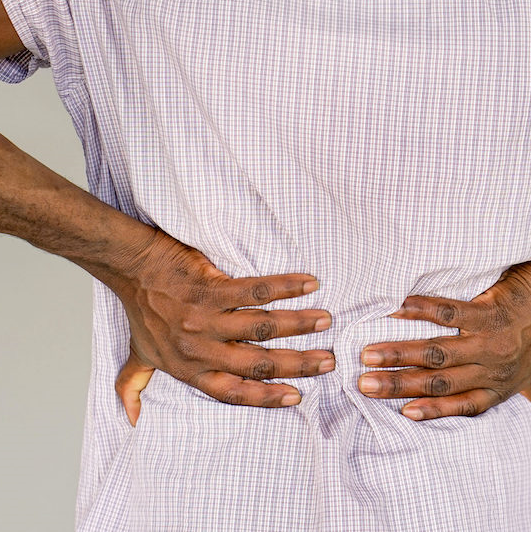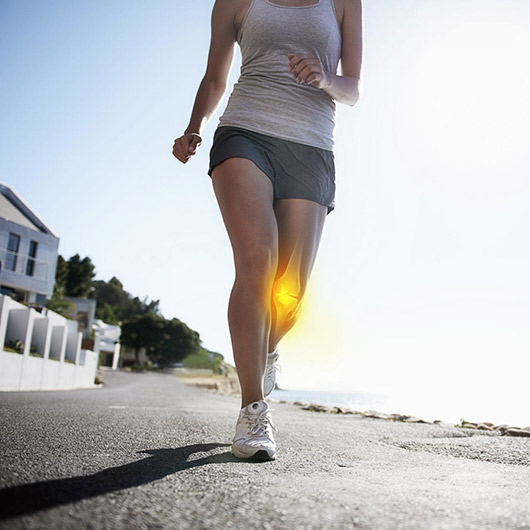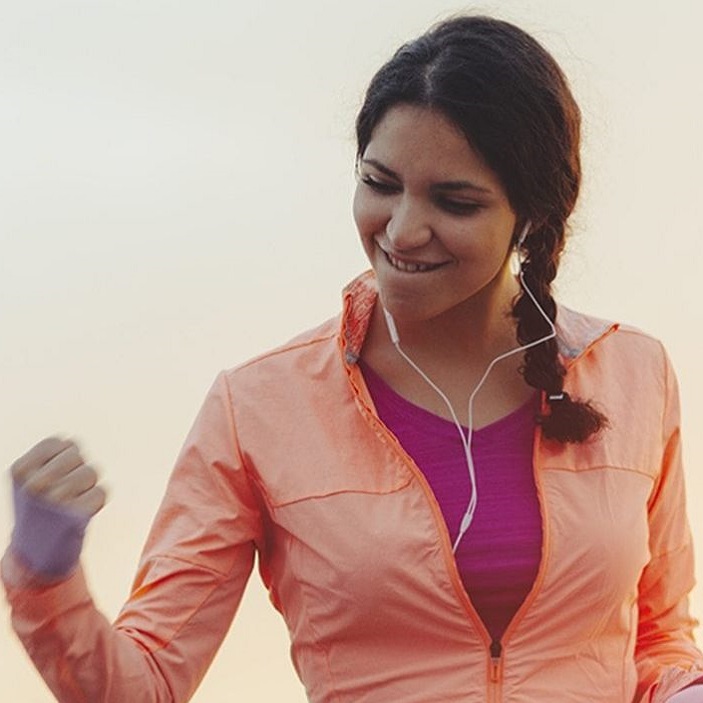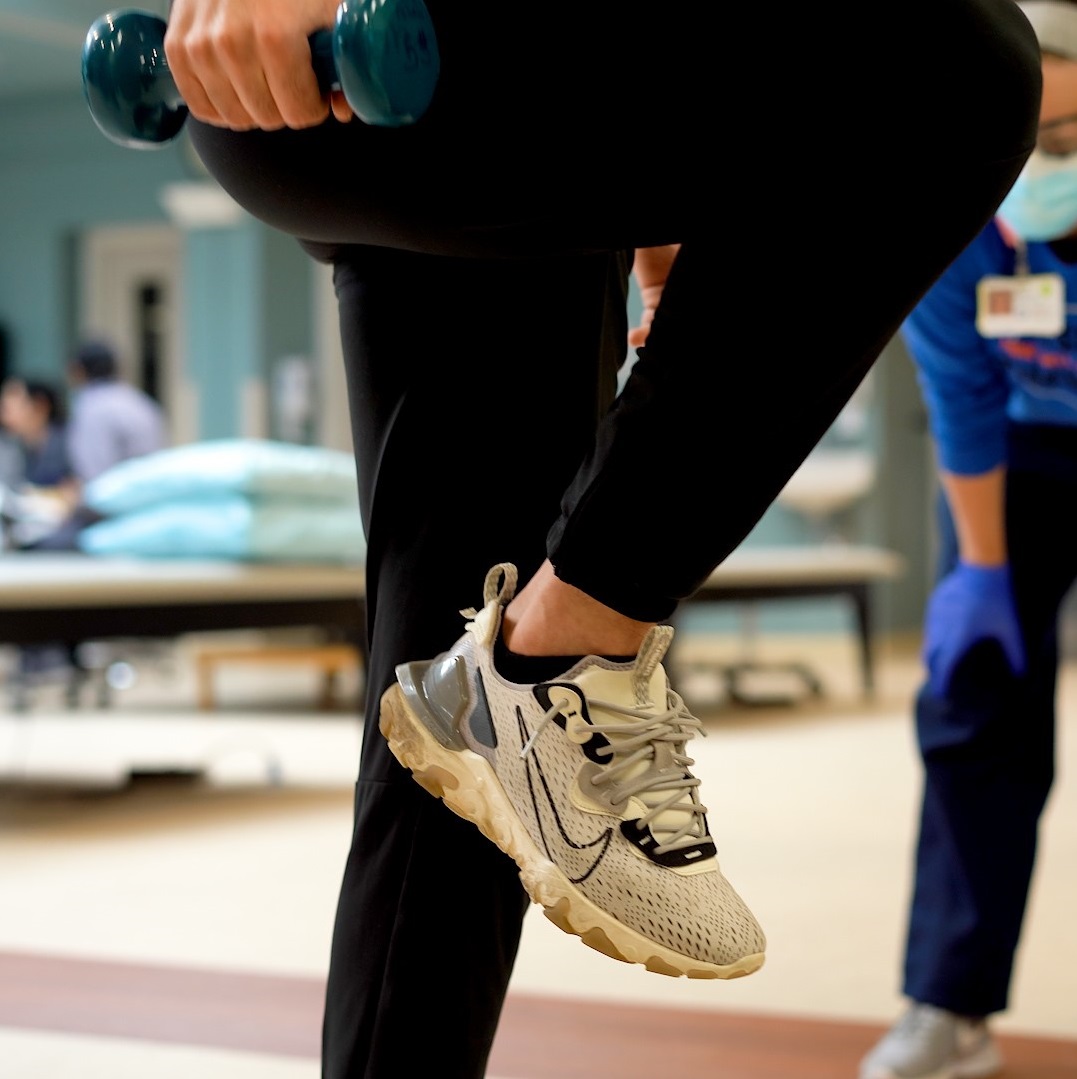Why is My Sweat So Salty?

June 22, 2020
For many, a hot and steamy day means dripping in sweat. Some people may find it embarrassing when sweat soaks through their clothing, but you should know that your body is performing an important process when you perspire.
“Sweating is an important function of your body that helps to cool you off when you become too hot,” says Jasrup Kaur, M.D., an internal medicine specialist at Hackensack Meridian Medical Group.
Sweat cools you off by evaporating from your skin when it’s hot outside or when you’ve raised your body temperature because you’re exercising intensely. This prevents you from overheating.
Everybody sweats, but few people talk about it. Here are some things that you may have wondered about sweating but have never asked:
Why does my sweat taste salty?
If sweat has ever run down your face and across your lips, you may have detected a salty flavor. And some people who sweat heavily while exercising may have noticed dried white salt crystals on their skin once the perspiration dries. You may be healthy and have saltier sweat than others, due to individual differences.
Sweat is mostly comprised of water, although it contains a small amount of salt (sodium) and other essential minerals known as electrolytes. When you sweat, you lose mostly water, but you also lose some salt and other minerals.
People who exercise intensely for an hour or longer may benefit from drinking electrolyte-containing sports drinks, which replenish their levels of fluids and essential minerals, including sodium. However, not all people should down a sports drink after exercising.
“Sports drinks often contain a lot of sugar and aren’t necessary for the casual exerciser,” cautions Dr. Kaur.
Even if you aren’t exercising intensely, it’s important to rehydrate to replace fluids that you’ve lost.
“It’s important to drink water regularly throughout the day, even before you feel thirsty,” says Dr. Kaur. “And it’s even more important during the summer and during/after exercising.”
Why does my sweat have a bad odor?
Sweat by itself doesn’t smell; the combination of perspiration with the bacteria on your skin causes an odor. To reduce or eliminate the odor, use an antiperspirant-deodorant and shower after exercising.
Your diet may also influence the aroma of your sweat. When researchers asked women to assess the body odor of men who had followed either a meat-containing or vegetarian diet, the women rated the scent of men who had eaten vegetarian diets to be more pleasant.
Why do I sweat more than other people do?
People tend to sweat at different rates than each other, and even at different rates throughout their lifetimes. As a general rule, men tend to sweat more than women do. Perspiration doesn’t tend to have the strong, unpleasant odor associated with sweat or body odor until someone reaches puberty. And older adults tend to sweat less than they did when they were younger.
People who exercise regularly begin sweating sooner during workouts than people who don’t exercise regularly, according to Japanese researchers. This may be because athletes’ sweat glands are more accustomed to responding to exercise. The quicker action helps them to begin cooling off more quickly.
A small number of people have hyperhidrosis, which means that they sweat significantly more than other people do, even when it isn’t hot outside or they haven’t exercised. The condition may run in families. If sweat soaks through your clothing frequently, even though you haven’t exerted yourself or been in a warm environment, it may be worth talking to your doctor. Prescription antiperspirants or other medication may help you to control the problem.
Next Steps & Resources:
- Meet our clinical contributor: Jasrup Kaur, M.D.
- To make an appointment with Dr. Kaur or another physician, call 800-822-8905 or visit our website.
The material provided through HealthU is intended to be used as general information only and should not replace the advice of your physician. Always consult your physician for individual care.
Find a doctor near me
When to Apply Ice Vs. Heat Packs

Learn when to use ice or heat packs for pain relief. Dr. Rama explains cold vs. heat therapy for injury and chronic pain. Get relief; call 800-822-8905.
How to Stay Safe With New Workout Trends

Stay safe with new workout trends. Learn expert tips from Drs. Dambeck, Parikh, & Silver for safe fitness. Schedule an appointment today.
Find a doctor near me

4 Tips to Protect Your Knees While Exercising
Protect your knees while exercising. Four expert tips from Dr. Costa at Riverview Medical Center help you maintain joint health. Learn more and schedule an appointment.

4 Common Injuries from Combat Sports
Craig Van Dien, M.D., says that he frequently sees hand and wrist injuries related to combat sports.

What Floors Are Best to Work Out On?
Best workout flooring for home gyms? Dr. Parikh recommends softer surfaces like rubber, foam, or low-pile carpet to protect your joints. Learn more.

Getting Back on Track After a Sports Injury
Recover from sports injuries. Dr. Mehta offers expert advice and a recovery plan for athletes. Regain strength and mobility. Learn more.
